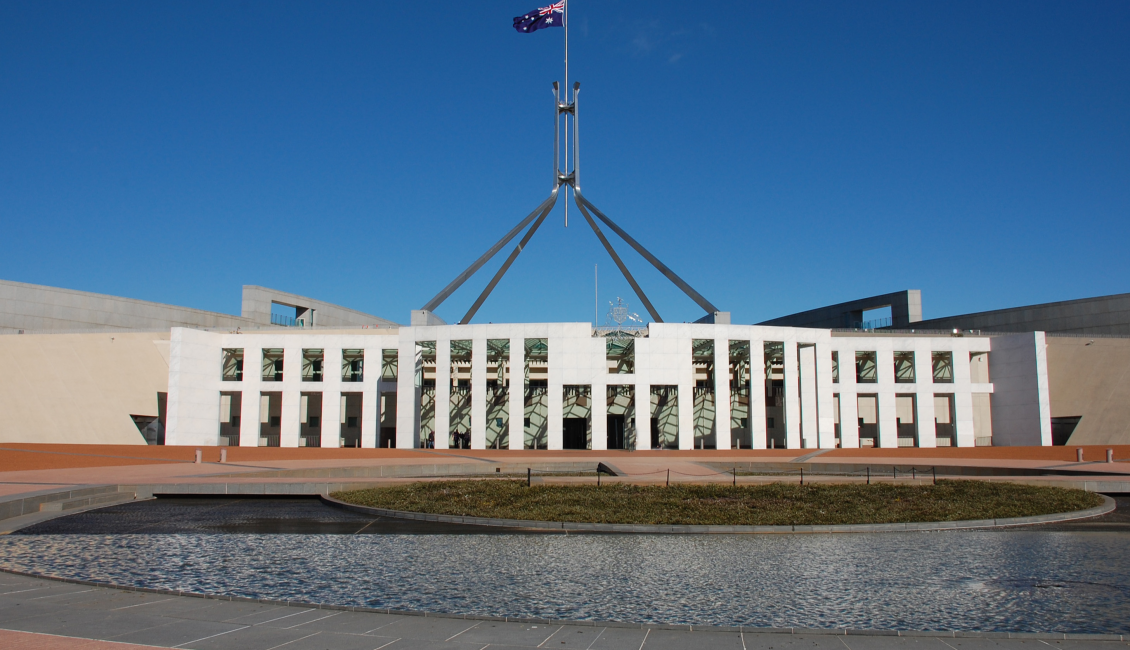
The Federal Government’s Select Senate Committee on fintech, officially known by its newly extended title the ‘Select Committee on Australia as a Technology and Financial Centre’, has tabled several new recommendations, including an expansion of the Consumer Data Right (CDR) to connect into similar data-sharing schemes overseas, as well as flagging ongoing concerns around international bigtechs, including Google, becoming CDR accredited.
Among the recommendations for an expanded CDR also include a new ‘nudge’ facility to help combat “consumer inertia”, which would give consumers periodic updates to help find more suitable financial products and services.
The proposed prompts, or behavioural ‘nudges’, are hoped to encourage consumers “to actively compare and, where necessary, switch products”.
“The Committee is recommending that such mechanisms be incorporated into the CDR framework to help it achieve its objectives to encourage innovation and competition,” the report noted.
Published earlier today, Second Interim Report made 23 recommendations as part of the Select Committee’s remit to promote fintech and regtech industry growth, with provisions for new software tax incentives, regulatory sandboxes to support the transformation of relevant laws into code, and amendments to the Global Talent Visa Program to lure top digital and innovation talent from overseas.
The Committee is also pushing for an expansion of Australian governments’ and businesses’ capabilities in blockchain and digital assets – “an area that will be of continued focus for the remainder of the Committee’s inquiry”, the report said.
As part of the recommended expansion of Australia’s CDR, the Committee is seeking to increase international participation in the data-sharing scheme, initially launched for the banking sector in mid-2020, advocating “interoperability” and “harmonisation” with similar regimes in other jurisdictions.
Endorsing recommendations from the last year’s CDR Future Directions review, headed by Scott Farrell, the Select Committee urged the Government “vigorously pursue” the establishment of international Open Banking standards, creating “mutual recognition arrangements for accreditation between the CDR and schemes in other jurisdictions” – with particular focus on the UK’s own watchdog-led Open Banking scheme.
Contributions to International Open Banking standards – driven by CDR Data Standards Body, Standards Australia and industry – “would entrench Australia’s position as a global leader in this space”, the report said.
Citing a submission by Treasury, the Committee stressed that an internationally interoperable CDR offers Australian consumers numerous potential benefits “from a more competitive market for data-enabled services”.
“This could give consumers greater choice and access to benefits. Aligning the CDR with international regimes would also give Australian data-driven businesses greater opportunity to access overseas markets.”
However, based on the OAIC’s findings, the Committee also cautioned that sufficient safeguards need to be in place to ensure that any interaction between Australia’s CDR system and data portability regimes in other jurisdictions can balance the priority for “efficient movement of data across borders” with “strong protections for individuals’ personal information”.
Flagging the potential for bigtech players, including Google, to seek CDR accreditation, the Committee underscored the ongoing and significant “privacy risks” of admitting these organisations into Australia’s regime, “given the volume of data already held by these entities”.
While the Committee was confident that “existing CDR Privacy Safeguards mitigate these risks somewhat”, the enormous reach of these companies and “track record of utilising data in ways that may not meet community expectations” would likely demand additional rules or safeguards should they seek entry into the CDR.
Proposed amendments to the Global Talent Visa Program and other skilled migration incentives, while casting the net globally, also highlighted the potential to capitalise on Hong Kong’s predicted decline as a centre of global fintech, “[offering] Australia opportunities to capture exceptional talent looking to relocate” from the SAR, the report noted.
The Select fintech Committee, chaired by Senator Andrew Bragg, was established in 2019 with the purpose of increasing competition in the fintech space, exploring avenues for financial and regulatory technologies to benefit Australian consumers and businesses.
Late last year, the Senate voted to expand the scope of the Select Committee, giving it a broader focus to develop Australia as a technology and financial hub.
Following the release of the Second Interim Report, the Committee will undertake the final phase of deliberations, with further work on regulatory frameworks for blockchain, cryptocurrencies, and digital assets, as well as a new policy environment for local neobanks and revisions to corporate law to encourage investment in local innovators.
Findings from the fintech Committee’s Second Interim Report can be found here.





